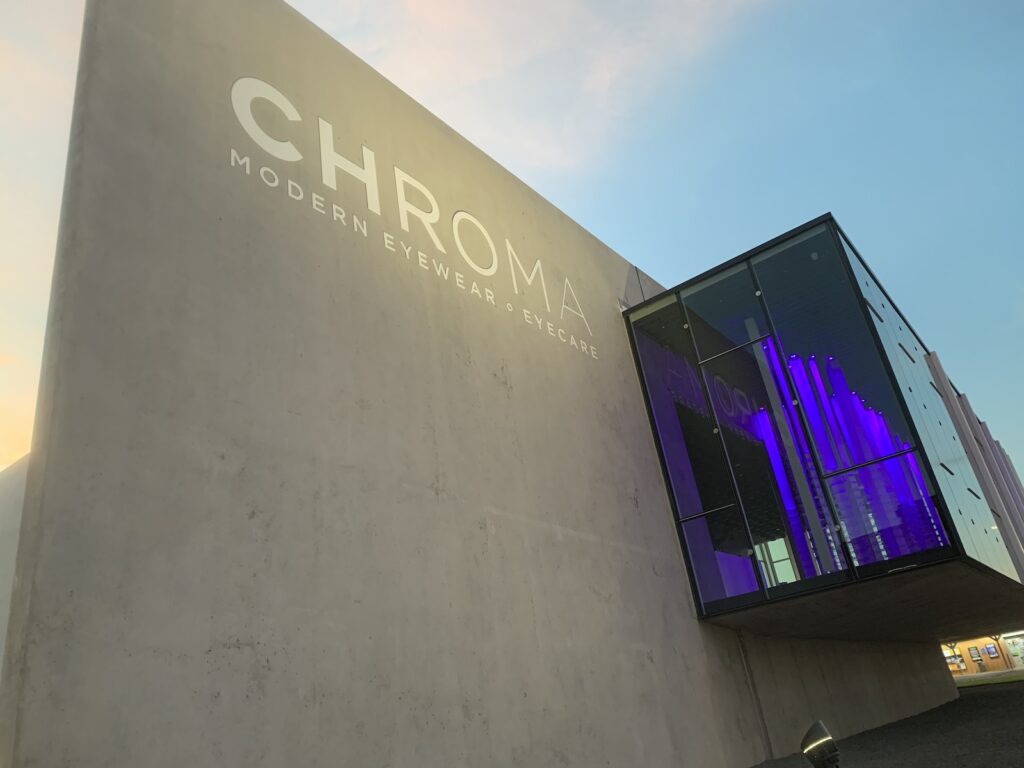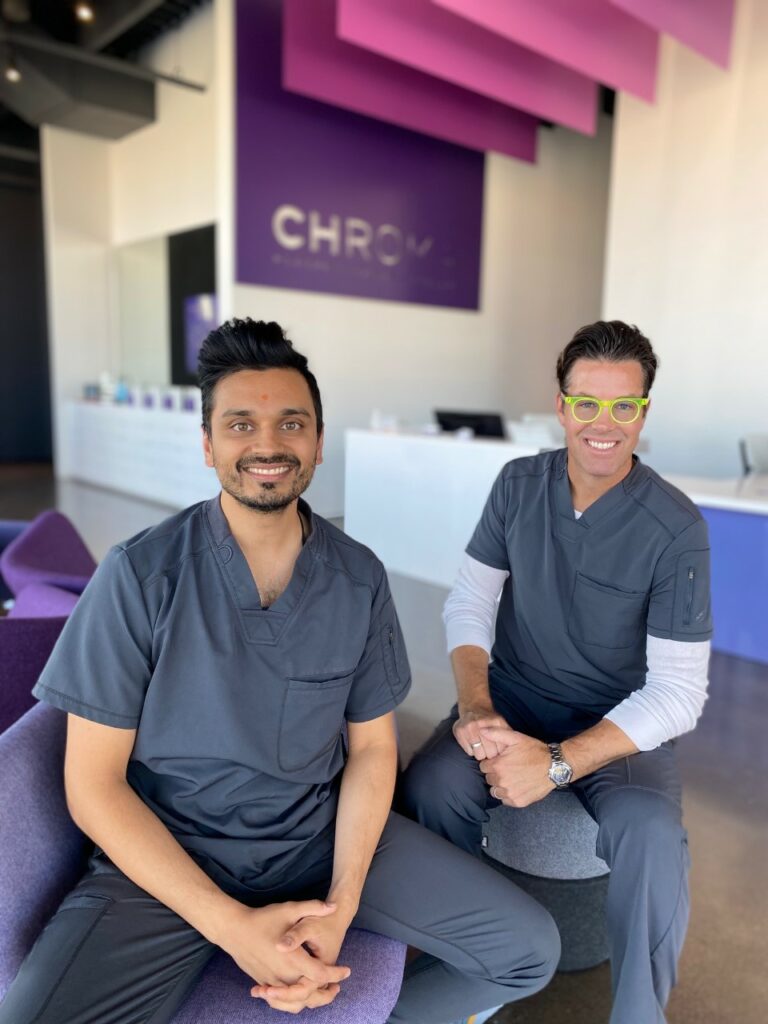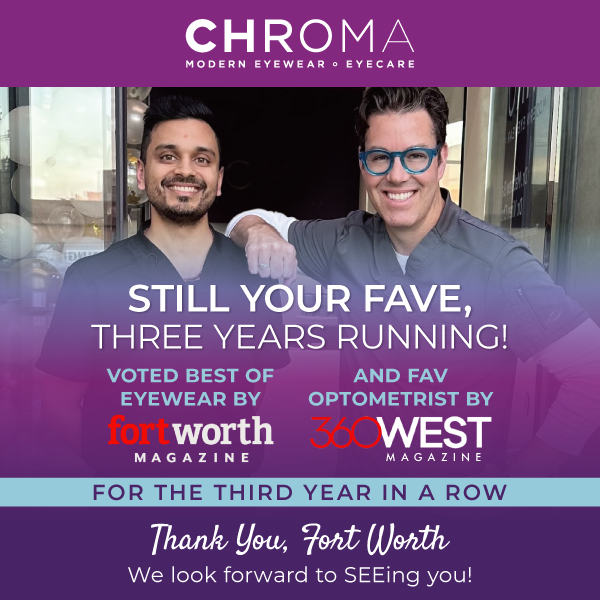Light sensitivity can be irritating and quite bothersome. If your eyes are especially sensitive to light, you may find it difficult to spend time in the sun or a bright room. Light sensitivity can be a symptom of an eye condition, so you should see your optometrist if it’s a sudden change. But if you have blue eyes, you may just be more sensitive to light.
Blue eyes contain less pigment than darker eyes, meaning they can let more light through to the retina. So, if you’re light-sensitive, it may be because your eyes are absorbing more light than you find comfortable.
Sensitivity to light can vary widely among individuals regardless of eye color. Factors like eye health, genetics, and personal differences play significant roles in determining sensitivity to light.
What Is Light Sensitivity?
Light sensitivity, also known as photophobia, is a condition where bright light—whether it’s sunlight, fluorescent light, or any kind of light—causes discomfort or pain. It’s not a disease but a symptom of another condition, such as:
- Migraines
- Concussions or head trauma
- Eye conditions like dry eyes or a corneal abrasion
- Side effects of some medications (like antibiotics or blood pressure medication)
Light sensitivity also occurs when your eyes are exposed to more light than they’re comfortable with, so you feel discomfort and pain but not because of an underlying issue. Think of it like your eyes trying to communicate that they need something from you.
Why Are Blue Eyes More Sensitive to Light?
Every person’s eyes are a little different. Some are large, some are small, some are shaped differently, and they come in all shades of colors.
The color of your eyes is influenced by various factors, with the primary determinant being the quantity of melanin present in the iris. Melanin is a pigment that also gives color to your skin and hair. When your eyes contain more melanin, they’re darker; when they contain less, they’re lighter. Lighter eyes naturally contain less melanin than darker eyes.
Aside from determining the color of your eyes, melanin plays a crucial role in the eye:
- It provides some level of protection against harmful UV radiation from the sun by absorbing and scattering UV rays, reducing the risk of potential damage to the sensitive tissues inside the eye, including the retina.
- During fetal development, melanin plays a role in the formation and maturation of the optic nerve and visual pathways in the brain. Adequate melanin levels are essential for the proper development of these visual pathways.
- It helps neutralize and reduce the effects of oxidative stress caused by free radicals, particularly in the retina, contributing to the eye’s defense against damage and eye diseases.
If you have light eyes, you may have a reduced level of natural protection against intense sunlight and glare, but you don’t lack all protection. Your eyes have other mechanisms to manage light sensitivity, like squinting in bright light or adjusting the size of the pupil. And, you can use sunglasses or hats to help shield your eyes from excessive sunlight.
Is Sunlight Bad for Your Eyes?
Spending some time in the sun is great. It helps your body produce vitamin D, boosts mood, gives you energy, and influences your circadian rhythm. But too much sunlight can be harmful to your eyes if you aren’t careful.
The sun produces UV rays, and too much of these can have several damaging effects, including:
- Light sensitivity
- Skin damage such as sunburns or skin cancer
- Premature aging
- Damage to the eyes
Over time, UV exposure can increase your risk of developing eye conditions like cataracts and age-related macular degeneration (AMD). It’s crucial to protect your eyes from direct sunlight so you can prevent UV-related complications.
Tips for Protecting Your Eyes
Sometimes, you can’t avoid exposing yourself to direct sunlight. Don’t worry—as long as you take proper precautions, it isn’t the end of the world. So if you’re going to be spending a lot of time outside:
- Wear a wide-brimmed hat that shades your face
- Move to the shade when possible
- Stay hydrated
- Avoid direct sunlight where possible
And, an essential tool for both style and sun protection is a quality pair of sunglasses!
What Sunglasses Should I Buy?
The most important aspect of sunglasses is that they block 100% of UV rays. If they don’t, they’re not doing their job. Quality UV protection can help support your long-term eye health and prevent complications down the road.
And of course, think of your personality and style. Sunglasses are a killer accessory suitable for all seasons, so have fun with them! We offer a wide range of shapes, colors, materials, and prescription and non-prescription lenses.
If you’re unsure, come try some on in person and talk to our team at CHROMA. We love sunglasses, and we’re always excited to help you find the perfect pair you’ll want to show off!

Where to Get Proper Sunglasses
Light sensitivity can be irritating, but we may have a solution for you. Visit our eye doctors at CHROMA modern Eyewear Eyecare. Book an appointment so we can see what may be causing your light sensitivity, and peruse our curated selection of sunglasses to help protect your eyes—and let you stay stylish while you’re at it.



